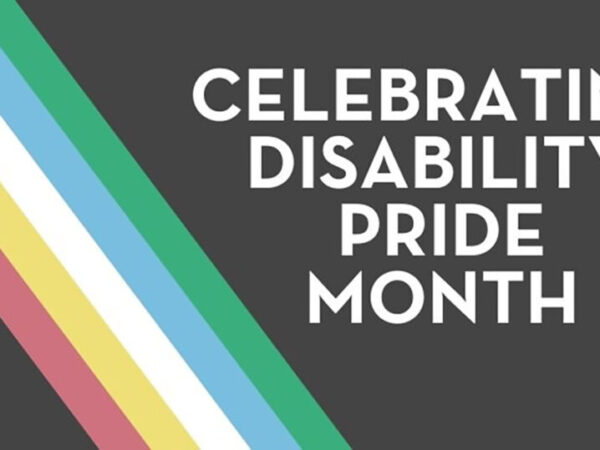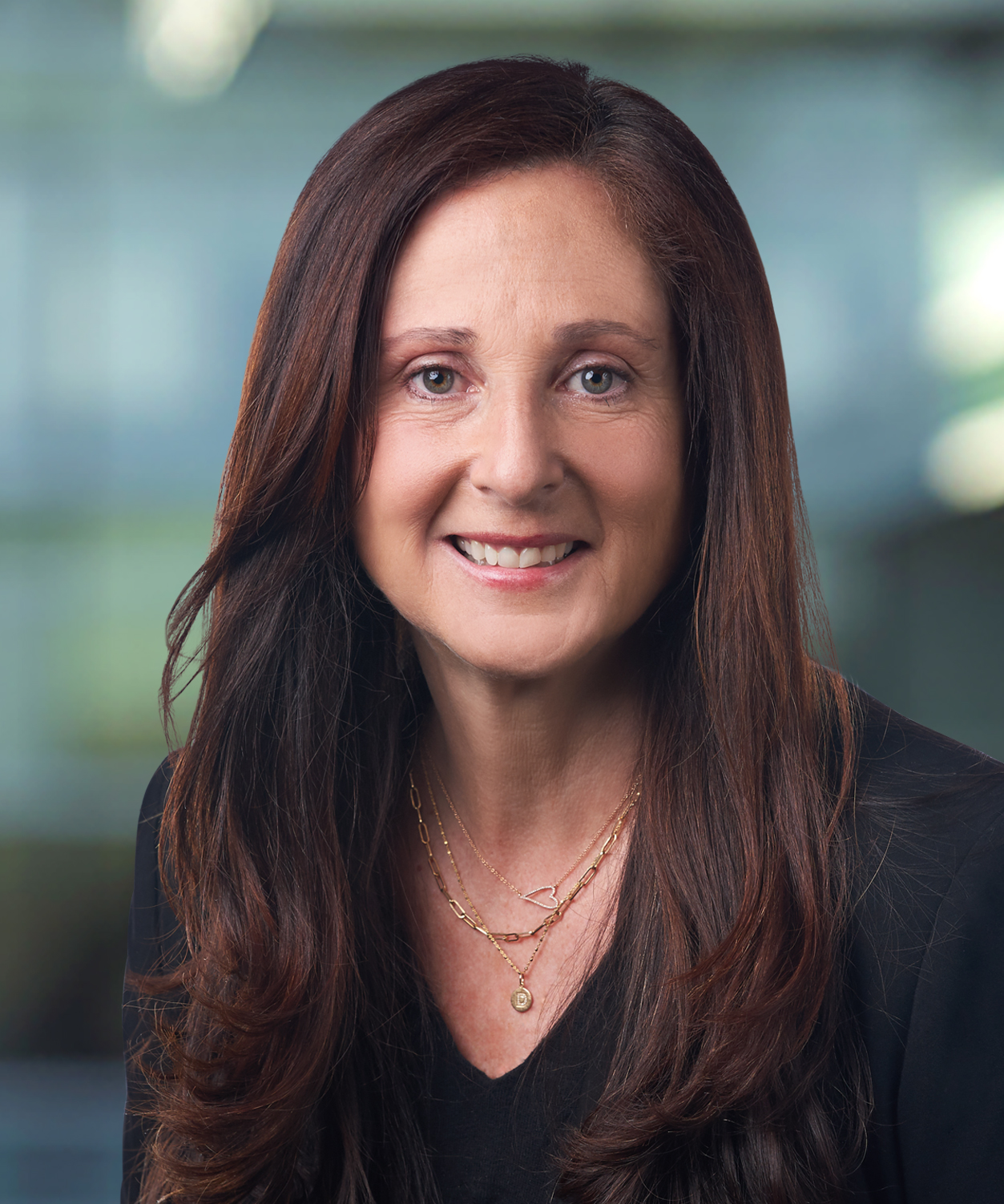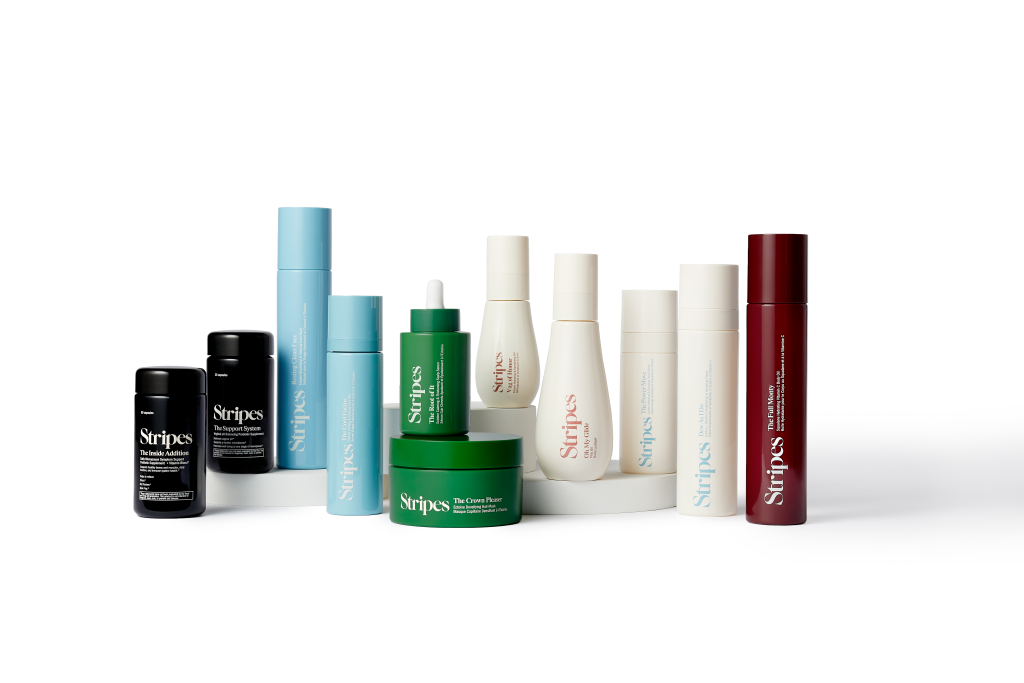
Disability Pride Month: Removing Barriers and Amplifying Voices
learn more
Deb Millard, President of Healthy Aging at Amyris, on evolving from anti-aging into healthy aging and why menopause is cause for celebration

Menopause, traditionally, is a word that conjures feelings of anxiety, fear and shame amongst women. But this October as we celebrate (yes-celebrate!) World Menopause Month, Amyris is leading the charge to reshape the way we think about aging. We are evolving away from anti-aging and into healthy aging!
Women spend half their life in menopause, yet the beauty, wellness and even medical industries have largely ignored it, resulting in millions of women suffering in silence. We spend so much time, energy and money on “anti-aging” and it is not serving us.
In October we are launching our exciting new brand, Stripes, a (peri)menopausal wellness brand founded in partnership with actress, entrepreneur and activist, Naomi Watts (available later this month on iamstripes.com and on Amazon). And we are launching our Meno Institute, which will fill the gaping void in research and studies around women in midlife who are going through (peri)menopause.
Our fear of aging does incalculable damage to our self-confidence and fuels the feeling of being invisible—among our peers and even more to health care providers. According to a 2018 article in AARP, most medical schools and residency programs don’t teach aspiring physicians about menopause; only 20% of OB-GYN residency programs provide any kind of menopause training. Nearly 80% of medical residents said they feel “barely comfortable” discussing or treating (peri)menopause.
Stripes offers a holistic approach to (peri)menopause, with science and research-backed products that are designed to ease and support women during a time of hormonal transitions. With a lineup of facial skincare, sexual wellness, haircare and supplements, Stripes makes it possible for women to manage physical and emotional changes with products designed to tackle targeted symptom relief. Stripes also aims to inspire conversations and confidence around the topic of healthy aging, by encouraging real talk, education and solutions.

I’ve recently been appointed President of Healthy Aging at Amyris. In this newly created role, I am committed to shifting society’s view of menopause and supporting consumers throughout their journeys. Beyond healthy aging being a key focus in my career, it is also the life I am living and a journey I’m experiencing in real time.
What does healthy aging mean? It’s about maintaining and improving physical and mental health, independence and quality of life, while having access to the resources needed to understand our bodies and prepare for the changes coming. When we think of menopause, we often think of hot flashes and mood swings that eventually fade. But, what’s not being talked about is how the hormonal transition affects everything—from heart health to the density of our bones, the shape of our bodies and our mental health.
Recent studies show of Gen-X women (ages 39-54) and 53% of Boomer women (ages 55-73) disagreed with the statement, “the beauty and personal grooming product industry creates products with people my age in mind.” The North American Menopause Society (NAMS) recently released a landmark study that upends all previous research around hormone replacement therapy (HRT), the gold standard for treating menopause related symptoms and protecting our cardiovascular health and fighting the fight against osteoporosis.
Aging begins the day we are born. So, why do we view it as something that begins when we see a gray hair or laugh line?
Women can and should be thriving in the second half our lives and we are going to do everything we can to support them with science-backed products they can feel good about putting on and in their bodies.
Every day, I hear stories from women about how they are not being heard, and that their feelings and concerns are not being addressed by society. Now is the time to bring our voices together and inspire women to age without shame, while ensuring this midlife stage is supported by employers, medical professionals and friends and families.